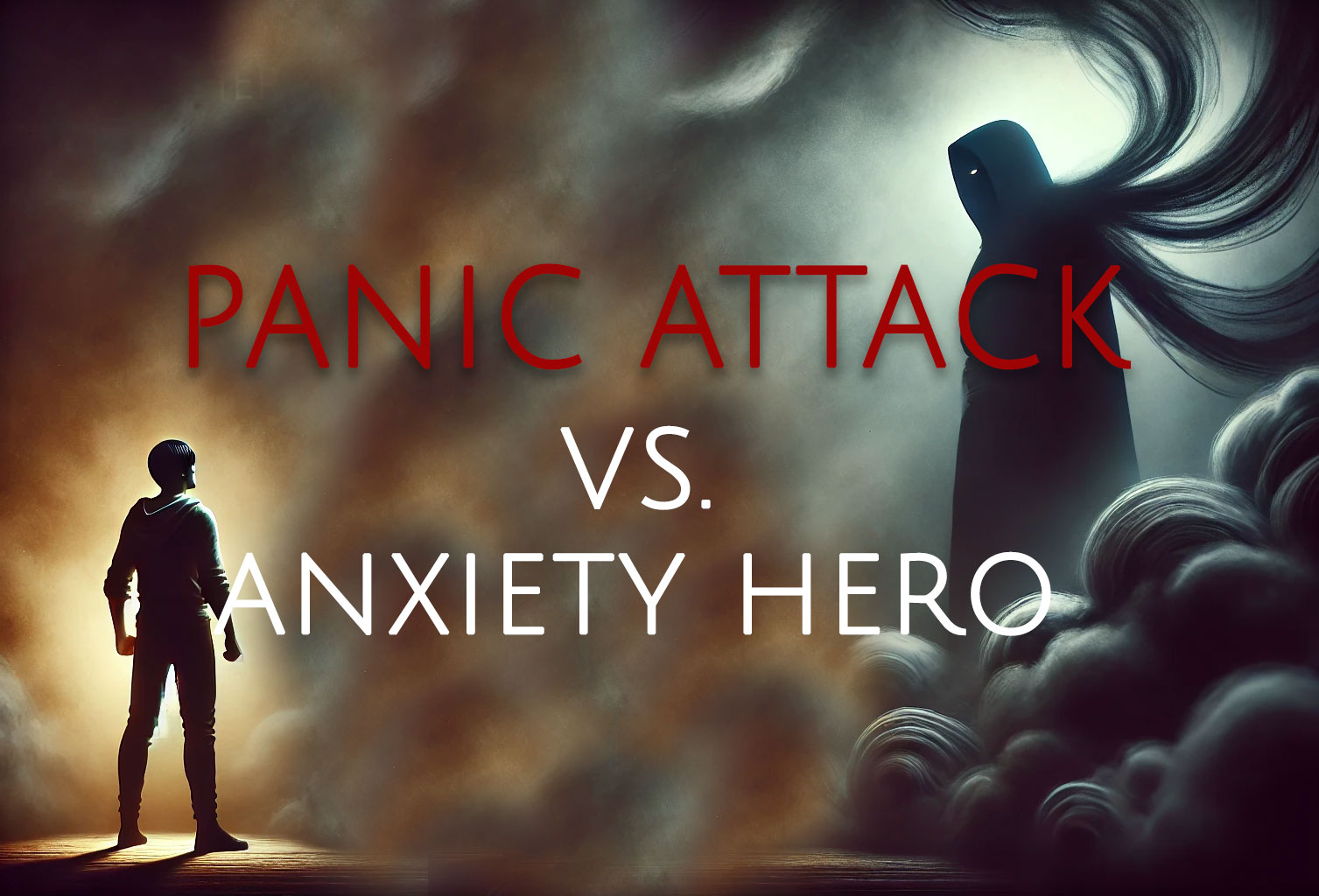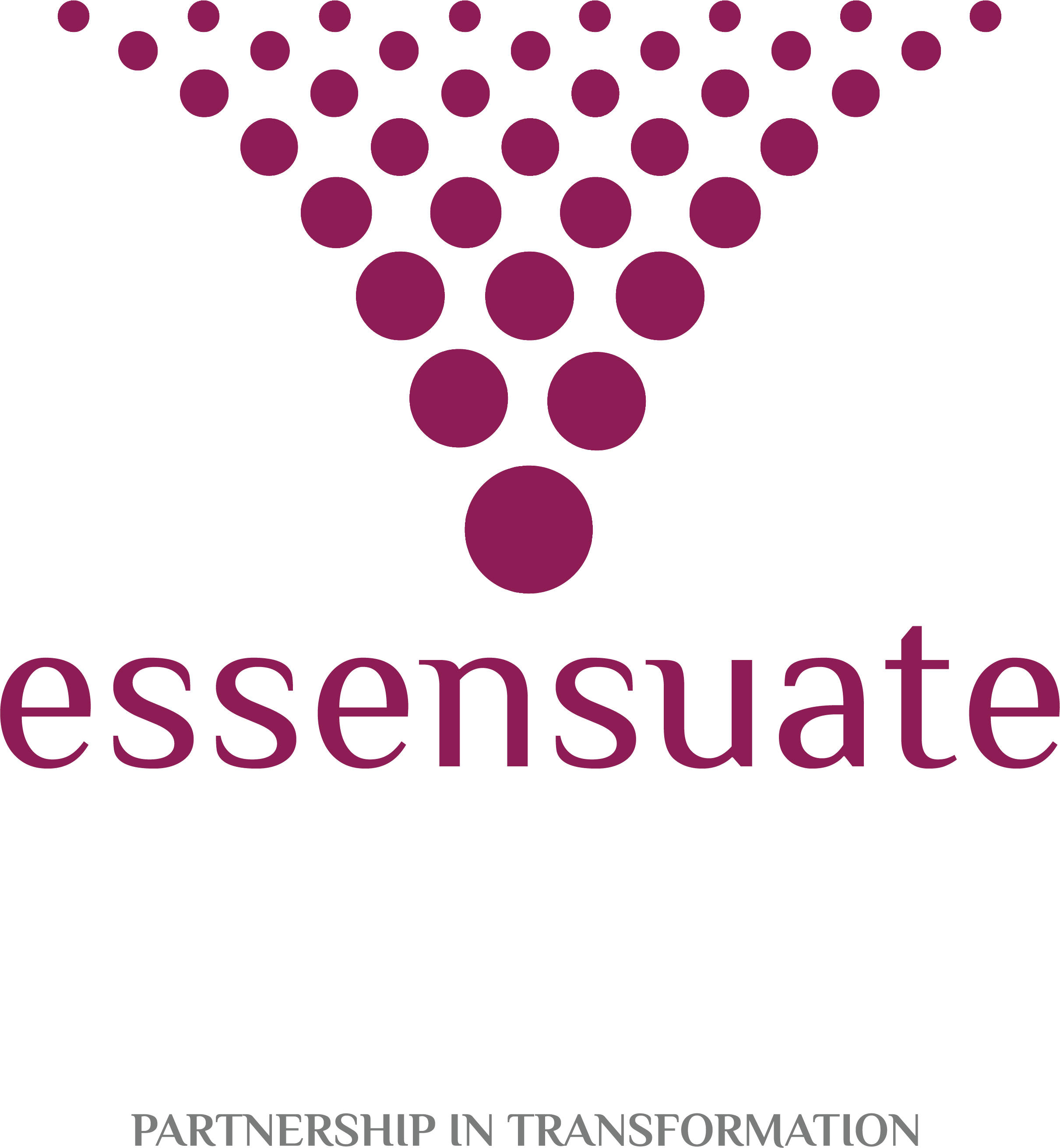The sheer number of adrenalin and cortisol-afflicted souls within warring regions surely outpaces the ripple effect radiating through interconnected humanity. In various degrees of separation, alone, or en masse, we mourn, and grieve, and despair at the horrors. And as it will, the sun again rises. Getting to the other side of the sharpest agony with the deepest roots is best handled with a plan, some trauma-informed partnership, and purpose. Regardless of one’s politics, this brief is solid, succinct, and aligned with what is clinically reasonable for anyone having a panic attack in any circumstance.
Eight tips to cope with anxiety during war
I’ve been learning over the course of a long career about the intertwined pairing of fear-hostility and how tied we are to the instincts of animals and organisms who survive. Anxiety is actually a hero. It is the call to pay attention carefully because instinctively something important or risky is near. The relationship we each have with our own nervous system is intrinsically tied to our life stories, multigenerational epigenetics, and cultural context.
We absolutely need our emergency alert system to perform well under immediate pressure. But chronic high conflict in the battlefield, boardroom, bedroom, or bassinet provokes overactivity that degrades clarity, and therefore performance (see Yerkes-Dodson). Life-saving hypervigilance in real danger can harden into a harmful habitual stance when circumstances are not as risky as the “mindbody” is poised to perceive. Panic attack is a false alarm triggering cellular level memory. They are not only debilitatingly uncomfortable, they expose the body’s functional systems to prolonged “allostatic load.” The true cost of a persistently activated threat reflex assaulting the senses (regardless of real danger) is a physical overtaxation on the body’s capacity to maintain a resilient immune response over time. Chronic perceived stress degrades rational acuity in actual emergencies. To make matters worse, the persistent sensation of danger erodes our natural human inclination for recovery, diminishes self-regulating homeostasis, and impairs social and emotional functioning fundamental to attuned connection, perspective-taking, and peace-making.
There is war and discord, tyrants and taxes, disease, horrible accidents, and an accumulation of moral injury throughout our younger years. And as my clients can tell you, there are many other murky swamps around each bend that may remind us of the earlier ones. With each long traverse, we become increasingly adept at wading through to the dry shore. There is bound to be a laugh over there, or something remarkably beautiful. Learning to move in the direction of experiential value is an open road to longevity, versus a suffocating tunnel of survival. Intentional, new choices forge new neural pathways. The courage of responsible risk-taking in daily life helps us abandon the older ruts carved by protection-ready, younger parts lodged in fear and defended with hostility.
A fresh experience, a new idea, or an alternate approach invites the anxiety hero into collaboration with innate creative intelligence. Together these inborn characters pressure the “mindbody” beyond its current limitations. With agency we may come to learn discomfort for what it is, an opportunity for flexibility and awareness of what is under our control and what is not. This is the gift of a growth edge. It sometimes starts with a panic attack. The data is pouring in now. The practice of mindful awareness, especially in the darkest hours, is a gift to our future selves as reflected in quality-of-life and physical health measures alike.
In collaboration with Ryan Plumb, AMFT, we are launching an experientially-assisted group program—both online in California and in-person in Marin County. We invite participants to join us in exploring trauma-informed practices that calm the nervous system’s response to conflict. We aim to foster candor, clarity, and the courage to explore our somatic orientation to political and personal polarization.In collaboration with Ryan Plumb, AMFT, we are launching an experientially-assisted group program—both online in California and in-person in Marin County. We invite participants to join us in exploring trauma-informed practices that calm the nervous system’s response to conflict. We aim to foster candor, clarity, and the courage to explore our somatic orientation to political and personal polarization.

